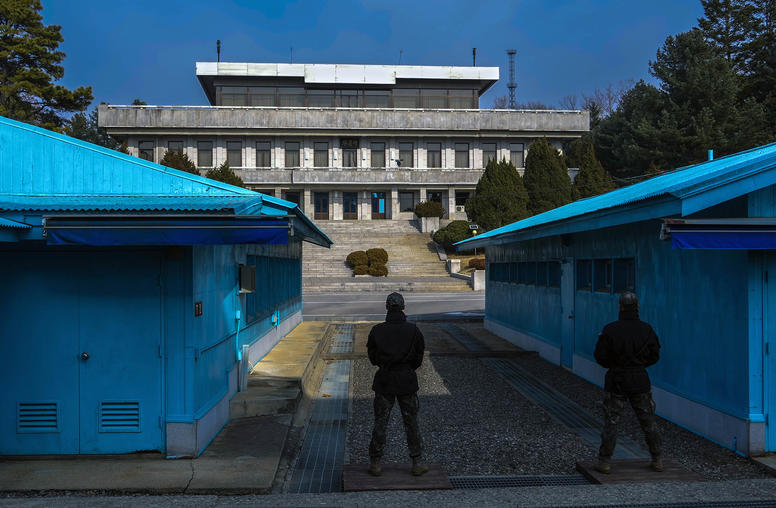A Critical Triangle: Iraq, Iran, and the United States
Iraq’s increasingly close relationship with Iran presents the U.S. with unexpected challenges.
Tehran’s ties to Iraq’s Shi’ite parties could provide Iran new leverage not merely in Iraq, but also in the wider regional and global arena. Indeed, ongoing efforts to address Iran’s quest for a nuclear fuel cycle, its support for Lebanon’s Hezbollah and its opposition to Palestinian-Israeli peace, have become entangled in Washington’s struggle to bring peace and democracy to Iraq.
- How will Washington, Baghdad, and Tehran manage this complex triangle of competition, conflict and cooperation?
- What are the stakes for each and what kind of influence will they wield as Iraq tries to build a new political future?
- Does the election of Iranian President Mahmoud Ahmadinejad all but guarantee an American-Iranian collision in Iraq? Or will mounting concerns about sectarian conflict in Iraq prompt Washington and Tehran to imagine possibilities for formal or informal cooperation?
Babak Rahimi just returned from a visit to Iran and Iraq, where he met with Ayatollah Sistani in Najaf.
Speakers
- Daniel Brumberg, Special Advisor, Muslim World Initiative, U.S. Institute of Peace
- Geoffrey Kemp, Director, Regional Strategic Programs, The Nixon Center
- Kenneth M. Pollack, Director of Research, Saban Center for Middle East Policy
Senior Fellow, Foreign Policy Studies, The Brookings Institution - Babak Rahimi, Senior Fellow, The Jennings Randolph Program for International Peace, U.S. Institute of Peace
- Daniel Serwer, Vice President and Director, Peace and Stability Operations
U.S. Institute of Peace, Moderator
Media Inquiries
Please contact the Office of Public Affairs and Communications at 202.429.3832.




